Sport
Dollar
38,2552
0.34 %Euro
43,8333
0.15 %Gram Gold
4.076,2000
0.31 %Quarter Gold
6.772,5700
0.78 %Silver
39,9100
0.36 %Ripples of outrage greeted an announcer's faux pas while pronouncing Kenyan sprinter Ferdinand Omanyala's name at the Paris Olympics, rekindling the debate on why the Western tongue repeatedly butchers African names.
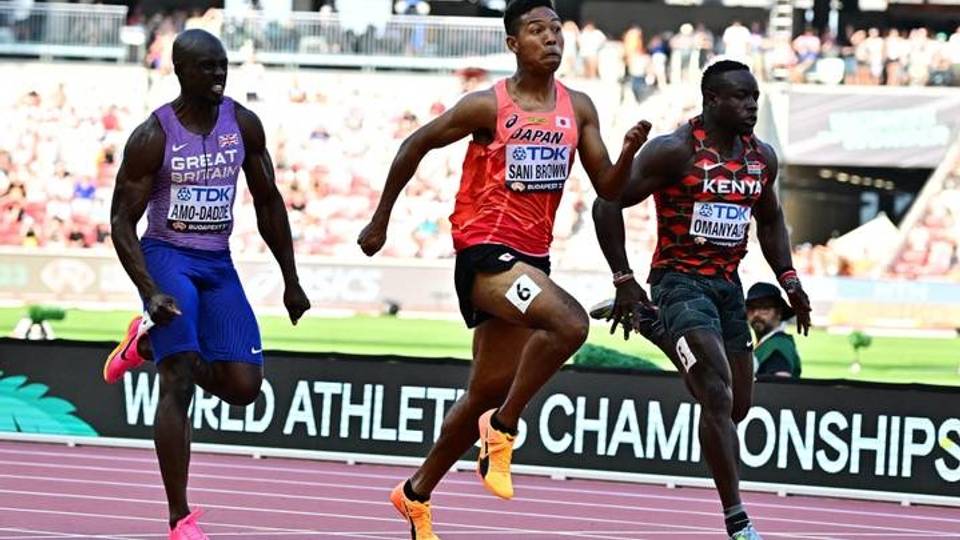
By Dayo Yusuf
Nicknames in the Western tradition of "Bob, Ben and Billy" are popular alibis for the linguistic crime of not bothering to learn how to pronounce a name correctly. So is the oft-quoted "What's in a name?" – a Shakespearean classic reduced to a trope.
Africans with ethnic names have long suffered the psychological impact of having their identities twisted in unbelievably disgraceful ways.
Imagine being a sportsperson representing your country on the biggest stage and hearing the emcee pronounce a name you can't recognise.
Ferdinand Omanyala, Africa's fastest man, knows what it feels like. At the recently concluded Paris Olympics, a commentator butchered the Kenyan record-breaker's name to something not even close to its resemblance.
This time, it ignited a furore. The Kenyan social media army (Kenyans on Twitter, or KOT) has been on the rampage online since, expressing disgust at what they call a lack of respect, arrogance, and even jealousy.
Omanyala may be a bit of a tongue-twister for those unused to the native tongue but his isn't the first African name to be mispronounced in public.

"There is a Nigerian-origin young footballer named Shola Shoretire (Show-reh-teereh) who used to play for Manchester United. But they are always calling him 'Show-taya', and nobody's attempted to correct it," sports presenter Mohammed Mowiz Suleiman tells TRT Afrika.
"This has been happening for a long time and will continue unless something is done about it."
The general feeling is that unless one adopts a Western-sounding name, it will likely sound like someone else's identity in the voice of an Anglophone.
Calling out offenders
Not everyone is ready to pardon the glut of indiscretions in pronouncing names, especially by professionals. Some see mispronouncing someone's name, intentional or otherwise, as mockery or disrespect.
"With most Westerners, I think it is an issue of feeling superior, or they just don't care," says Mowiz.
As common as these name blunders are, it is even more cringe when you hear it from a native. Some professional athletes have been blamed for not knowing the meaning of their names or never seeking to know how these are to be pronounced.
Across societies, a lot of thought goes into naming a child. Sentiment plays a key role, and the chosen name often has a deeper meaning than many people want to discover.
Some are named after notable people in their lives or those who have crossed paths with their families and made an impact.
Others could be named after relatives, dead or living, and celebrities. Parents are known to say that they chose a particular name for their child in the hope that the boy or girl draws inspiration from it.
'Highly embarrassed'
Of all the annoying mispronunciations of names that occur worldwide, Africans seem to be the worst sufferers.
"If the person is a professional athlete, for example, the onus is on the name's bearer to ensure it is pronounced correctly," says Mowiz.

"The average African, irrespective of how you pronounce the name, is cool with it."
There are exceptions, though. In the English Premier League, players are often asked to say their names out loud so that people can get these right.
Presenters and commentators sometimes go out of their way to ask how unfamiliar names are pronounced.
"I feel highly embarrassed when I fail to pronounce the name of a particular athlete correctly. I ask questions, making sure to learn how it is pronounced in the person's native country," says Mowiz.
"Working as a sports presenter, one thing you are guaranteed is meeting names you never heard of before. If unprepared, you will bump into a name halfway through a sentence while on air. And that's the worst time. The name gets butchered mercilessly."
Names like Santi Carzola, the Spaniard who used to turn out for Premier League side Arsenal, former Togolese forward Emmanuel Adebayor, or the retired Nigerian star Nwankwo Kanu have had their names badly mispronounced on multiple occasions.
In athletics, Kenyans with Olympic medals, world records and other extraordinary achievements, such as mountain trail runner Patrick Kipng'eno, middle distance runner Faith Kipyegon, steeplechase star Faith Cherotich, and Omanyala seem to have become used to people in the Western world make a hash of pronouncing their names.
"I think most athletes don't care anymore. They concentrate on their sport and hardly listen to the commentary, so they are unaffected. But that doesn't mean mispronouncing an ethnic name can be condoned," says Mowiz.
➤ Click here to follow our WhatsApp channel for more stories.
Comments
No comments Yet








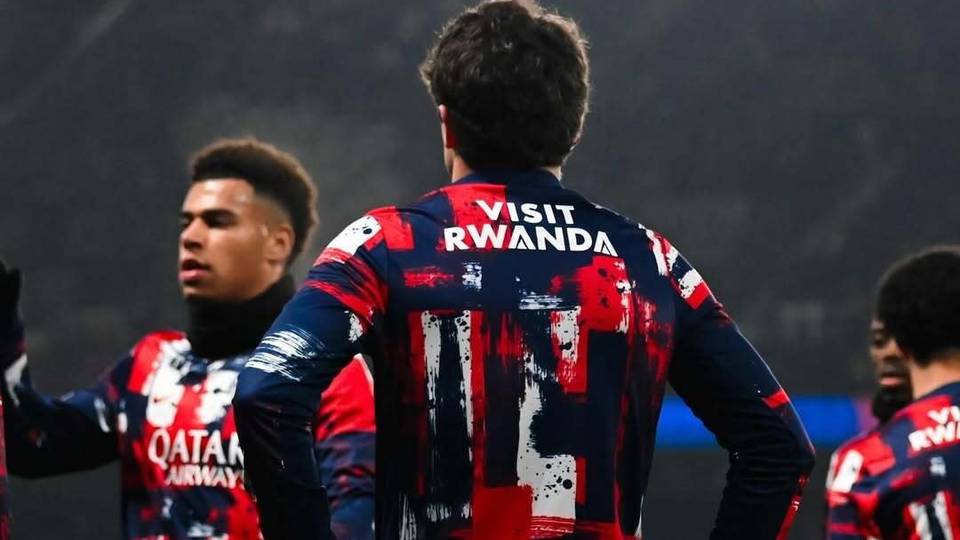
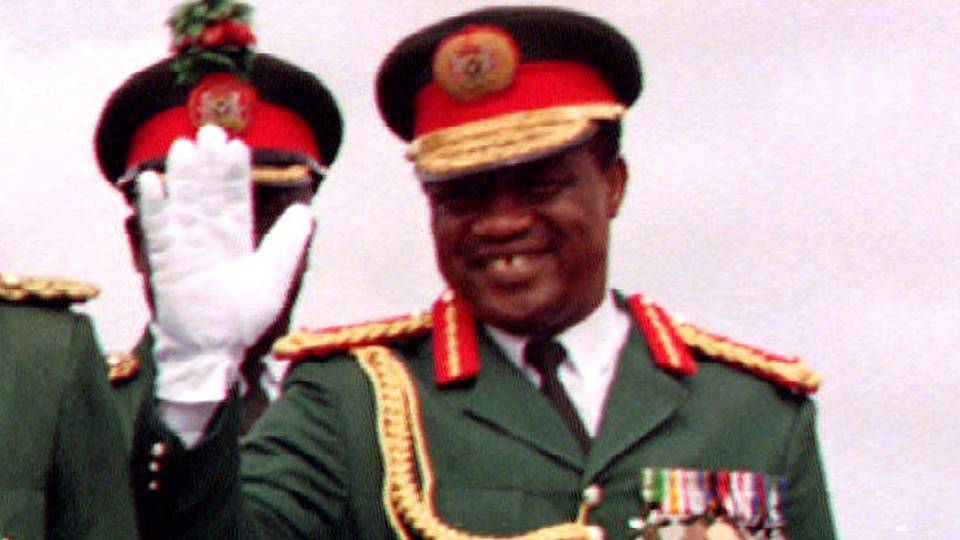
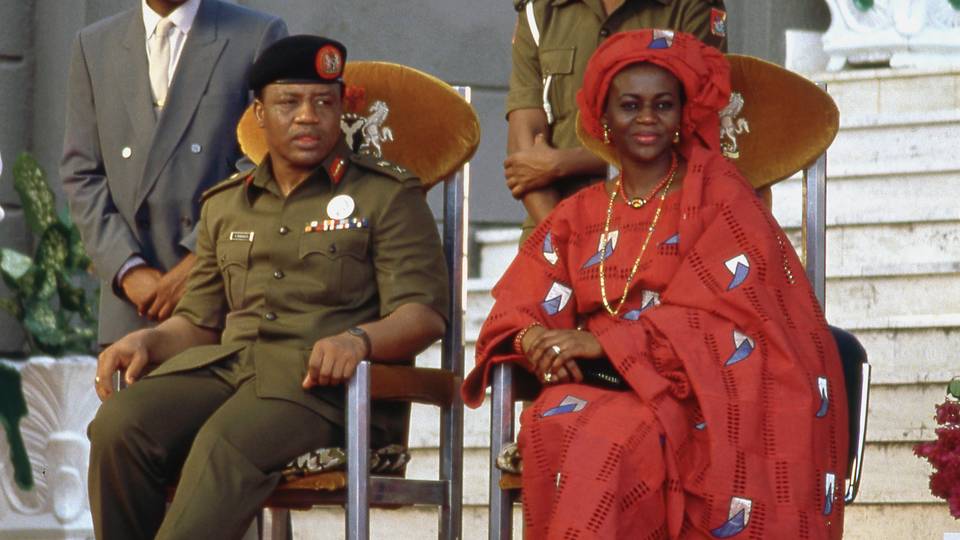
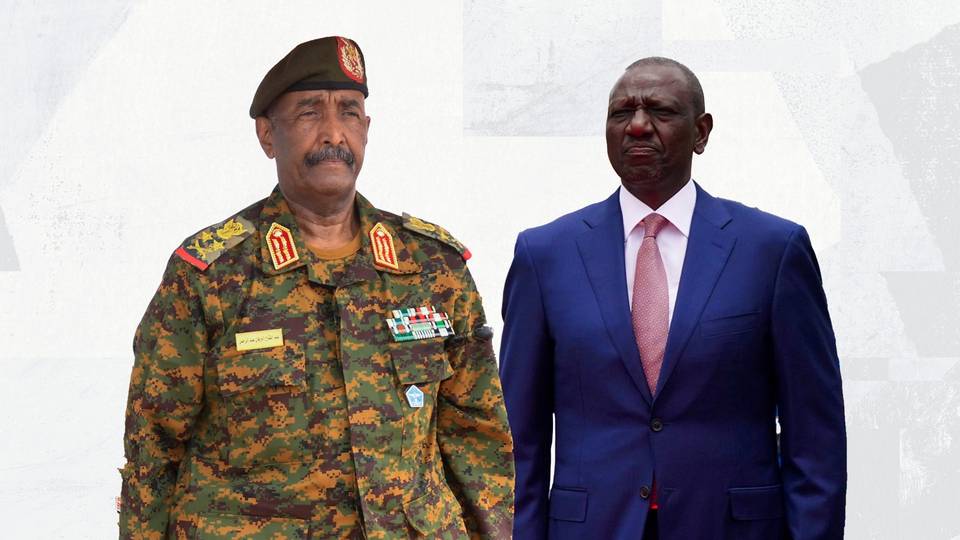








Comment